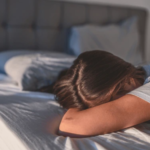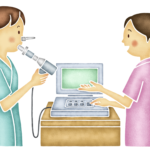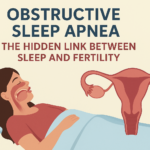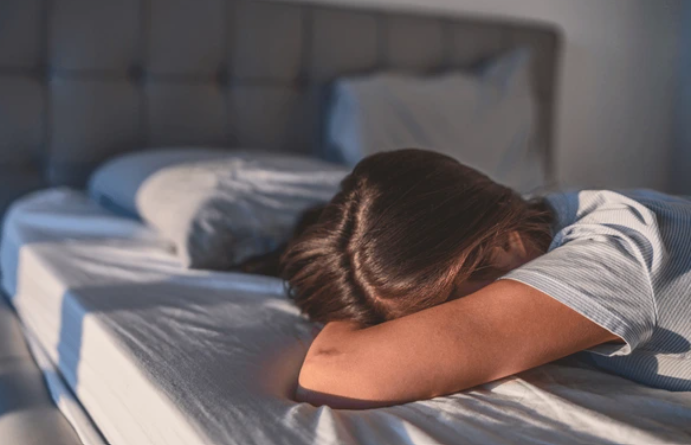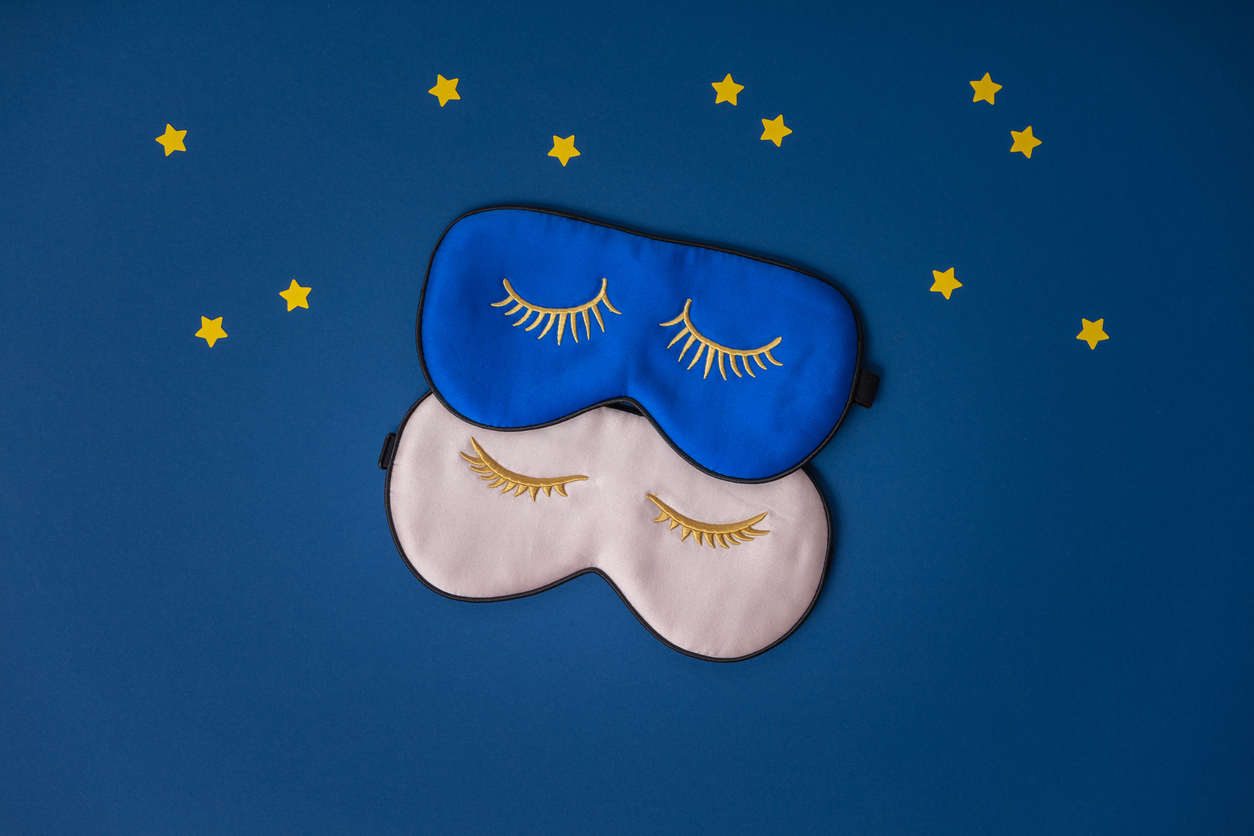So what is true ?Ever heard the phrase “you snooze, you lose “? You may have also heard of “power naps” but you can become a big fan of these naps after knowing its good effects on your brain and overall health.
Nap is a short period of sleep, typically taken during day light hours as an adjunct to the usual night sleep period.
Types of Nap-
- Planned napping (also called preparatory napping) involves taking a nap before you actually get sleepy.
- Emergency nap occurs when you are suddenly very tired and cannot continue with the activity you were originally engaged in. This type of nap can be used to combat drowsy driving or fatigue while using heavy and dangerous machinery.
- Habitual nap is when a person takes a nap at the same time each day. Young children may fall asleep at about the same time each afternoon or an adult might take a short nap after lunch each day.
These naps recharge your batteries. Recent research shows that naps are beneficial, they improve heart function, hormonal maintenance, cell repair and prevent overload of information(preserves brain function)
Naps can vary in duration and have different effects on us : a 20 minute nap can improve alertness, mood, creativity and performance. Nap longer than 30-90 minutes induces deeper stages of sleep ,so we feel groggy on waking up and reaction time slows down.
The facts:
A short nap is usually recommended (20-30 minutes) for short-term alertness.
Your sleep environment can greatly impact your ability to fall asleep. Make sure that you have a restful place to lie down and that the temperature in the room is comfortable.
If you take a nap too late in the day, it might affect your nighttime sleep patterns and make it difficult to fall asleep at your regular bedtime.
#Power Nap is in Truth a reality!!


